
The Accra Metropolitan Assembly (AMA) and the Korle Klottey Municipal Assembly about two weeks ago jointly embarked on a decongestion exercise within the Central Business District and parts of the Kwame Nkrumah Circle enclave to free the area of both human and vehicular traffic.
Beyond freeing the CBD and Kwame Nkrumah Circle of human and vehicular traffic, the exercise also was intended to remove traders and hawkers from selling or hawking at unauthorised places in order to bring about some sanity and improve sanitation in the national capital.
Embarking on such an exercise although very necessary, is not a novelty. Virtually every administration under this fourth republican era has identified street hawking and trading on pavements as a challenge which must be dealt with one way or the other. Indeed, it is a long-standing issue city authorities have struggled to address over the years.
While it is refreshing to see the renewed energy and vigour introduced into the fight to sanitise the city, it is important to emphasise that these may not necessarily be enough to nip the canker in the bud.
The Ghanaian Times will want to draw attention to city authorities on some of the pertinent issues they need to avert minds to as they strategise towards attaining their ultimate goal of permanently making the streets free and clean.
It is important to ask why all past efforts to rid our streets of hawking and indiscriminate selling on the streets and pedestrian walkways have proven ineffective?
Why do Ghanaians desire to see their national capital become like their counterparts in the advanced world, but are quick to rise up in arms against city authorities when enforcing city by-laws?
And finally, how complicit are city authorities in the factors that serve as either push or pull factors that encourage selling on the streets?
The excuse that has often been used to justify this lawlessness is the issue of inadequate market infrastructure. Many of these traders claim they are forced to sell on the streets as a means for survival since their communities lack market spaces.
For others, however, it is just defiance of allocation directives and voluntary abandonment of market stalls in pursuit of higher visibility and customer traffic on busy streets and pavements.
Indeed, there have been instances where traders who have been assigned market spaces rent them out to others and return to the streets themselves.
A case in point is the Pedestrian Shopping Mall constructed at the Circle area with the aim of offering traders a decent place to operate. One would have thought that such a facility would help bring an end to the problem.
Sadly however, that has not been the case as traders have gradually returned to the pavements and walkways meant for pedestrians.
This practice continues to be a major setback to efforts by the city authorities to make Accra clean, orderly, and aesthetically pleasing.
Street trading contributes significantly to filth in the city, as traders often leave heaps of refuse in their wake. Additionally, it poses health risks to both traders and consumers.
Prolonged exposure to the sun can degrade the quality of fruits and foods sold, and health experts warn that plastic containers exposed to heat may release harmful chemicals into drinking water.
Many hawkers operate dangerously close to moving vehicles, exposing themselves to the risk of accidents. There have been countless reports of vehicles veering off the road and injuring or killing unsuspecting traders and pedestrians.
The Ghanaian Times thus supports the renewed efforts by the AMA and Korle Klottey Assembly to reclaim the streets and pavements. However, we stress that this must not be another short-lived campaign.
The city has witnessed numerous decongestion exercises in the past that fizzled out due to lack of follow-through, inconsistent enforcement, or alleged bribery by some officials who allow traders to return to prohibited areas.
We therefore urge the two assemblies to put in place strict enforcement mechanisms and ensure that no official sabotages the initiative by collecting monies from traders in exchange for access to the pavements.
More importantly, we believe the long-term solution lies in the construction of more market facilities to absorb the growing number of traders in the capital.
Providing clean, accessible, and affordable trading spaces will help reduce the pressure on city streets.
That said, the onus also lies on traders themselves to respect city regulations and support efforts to keep Accra clean and organised.
While we salute their tenacity and resilience in striving to earn a living, we must all acknowledge that development comes with responsibility.
It is only through sustained and collaborative effort that the goal of a clean, safe, and well-ordered city can be achieved.
Accra deserves better, and the time to act decisively is now.
The post The decongestion exercise to keep Accra clean, orderly must be sustained appeared first on Ghanaian Times.
Read Full Story

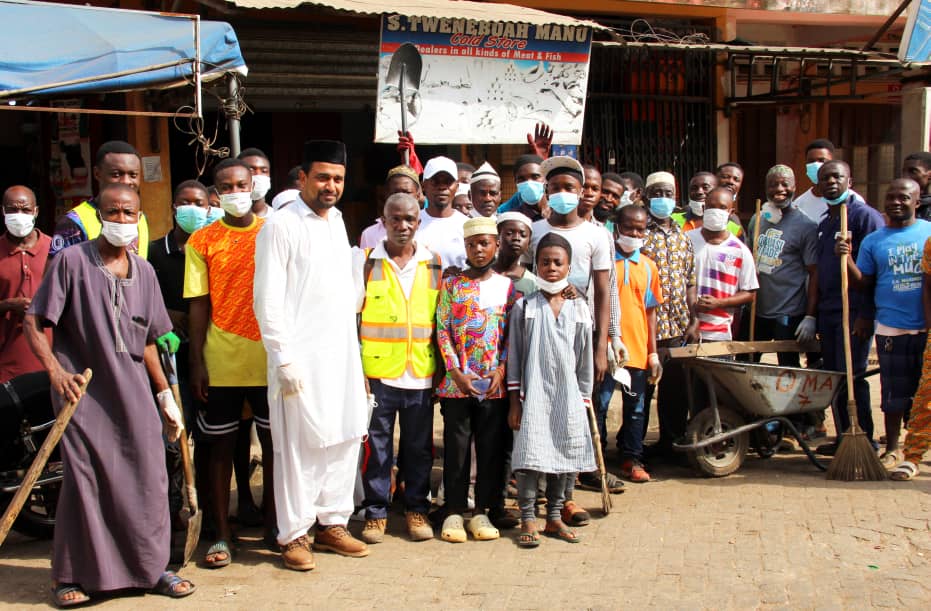


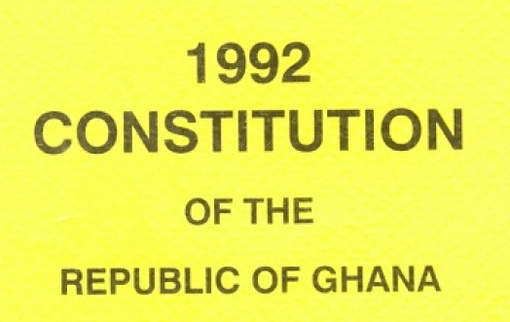

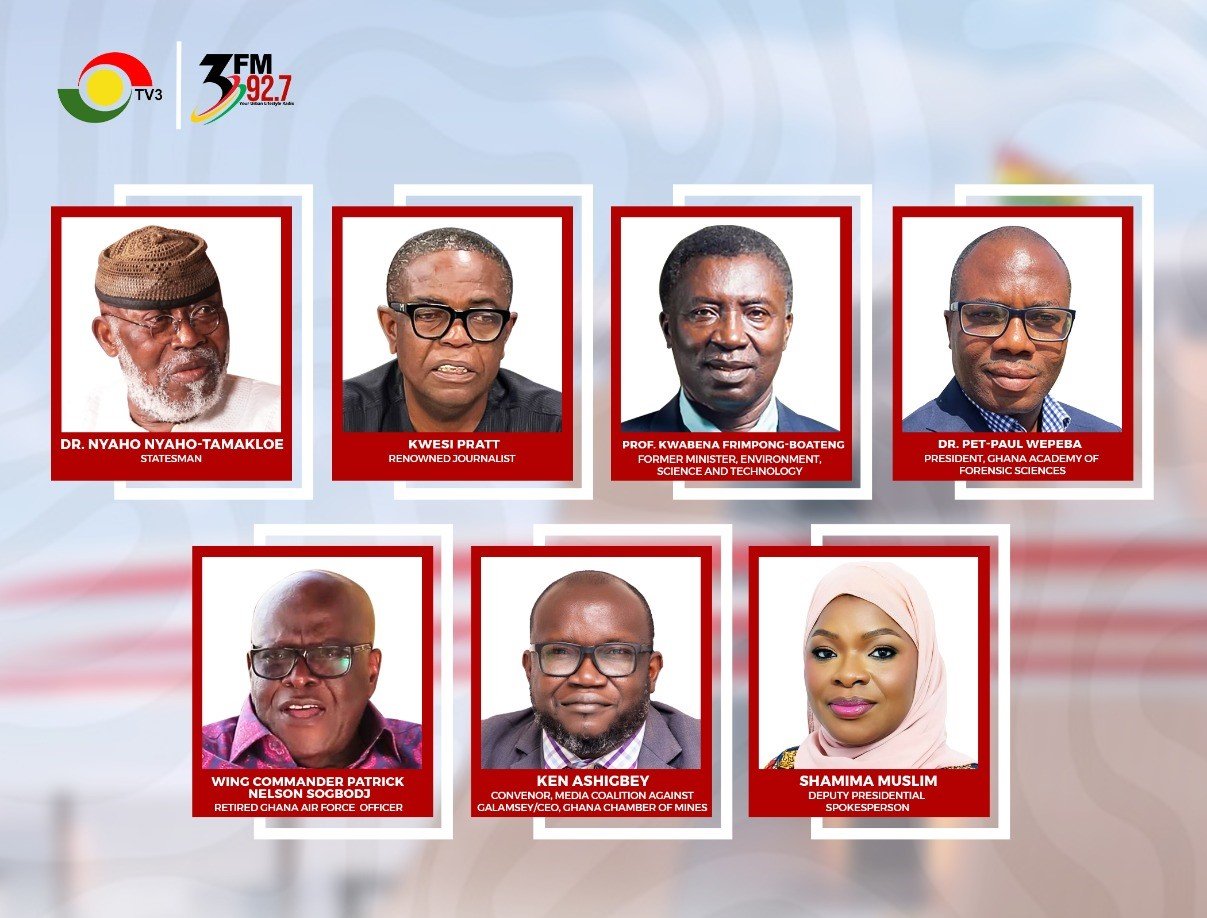



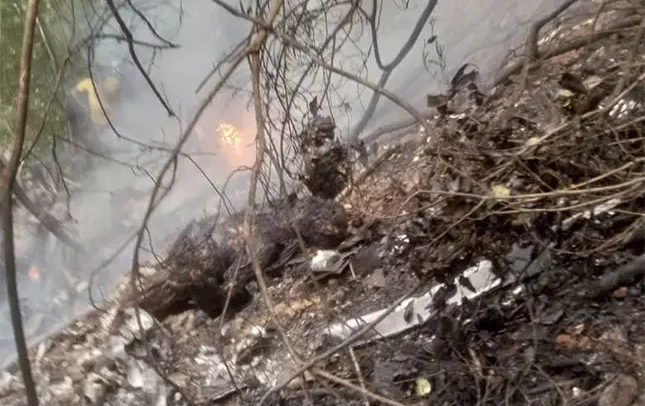
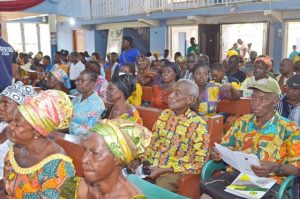
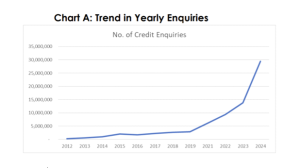



Facebook
Twitter
Pinterest
Instagram
Google+
YouTube
LinkedIn
RSS